More than a year ago the streets of Beijing, normally crowded, started to empty. I remember how I caught myself thinking “this is so nice and so scary”. It was a sunny Sunday, I was waiting for the green light at one of the biggest crossroads of the city, and there were no other people or vehicles besides me and my small motorbike. I was looking for the right language to express even how it felt to live such a unique experience.
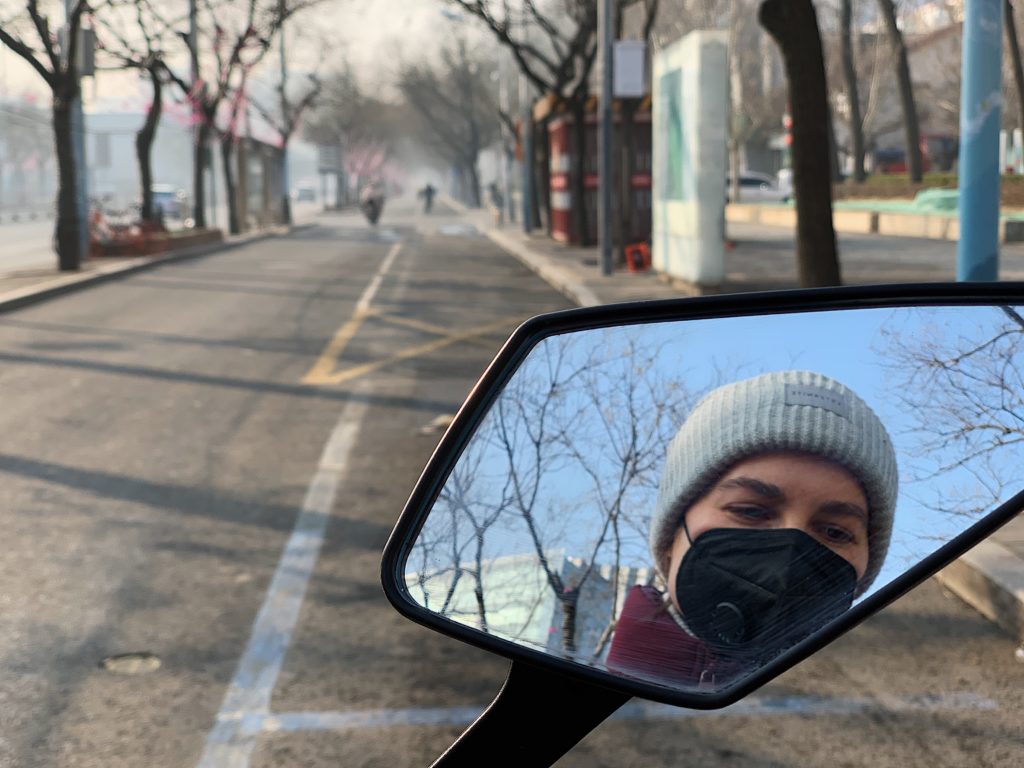
I came back home from the grocery store and wiped all the products I bought with alcohol. We knew nothing about the virus then. There were still no cases outside of China and the only information we got was the growing number of fatal cases. I was receiving notifications about them every half an hour. So, honestly, the idea of being killed by the virus as soon as you catch it was constantly on the back of my mind.
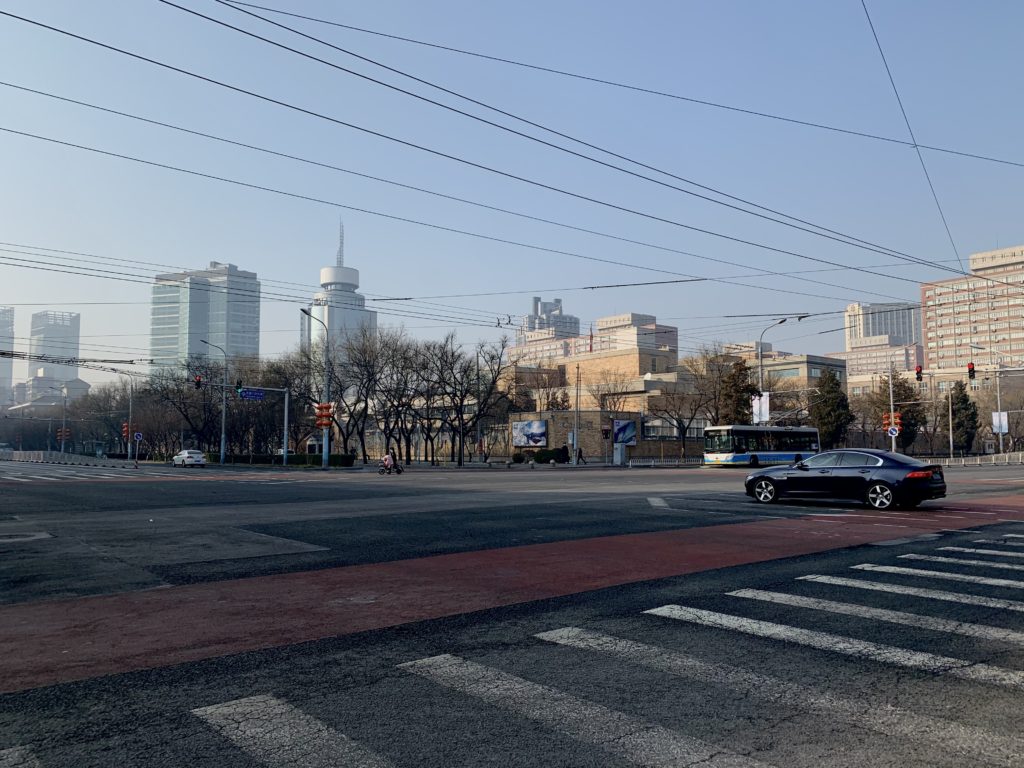
“Enough,” I thought in the middle of February 2020, “I need a vacation.”
I was working as a Chief Editor for the Beijing bureau of Sputnik China and for more than a month I managed my team from home. I went out only to buy food as we were asked.
I packed my suitcase and went to Moscow. My idea was to spend two weeks in my hometown, enjoy not wearing a mask for a bit and come back to China.
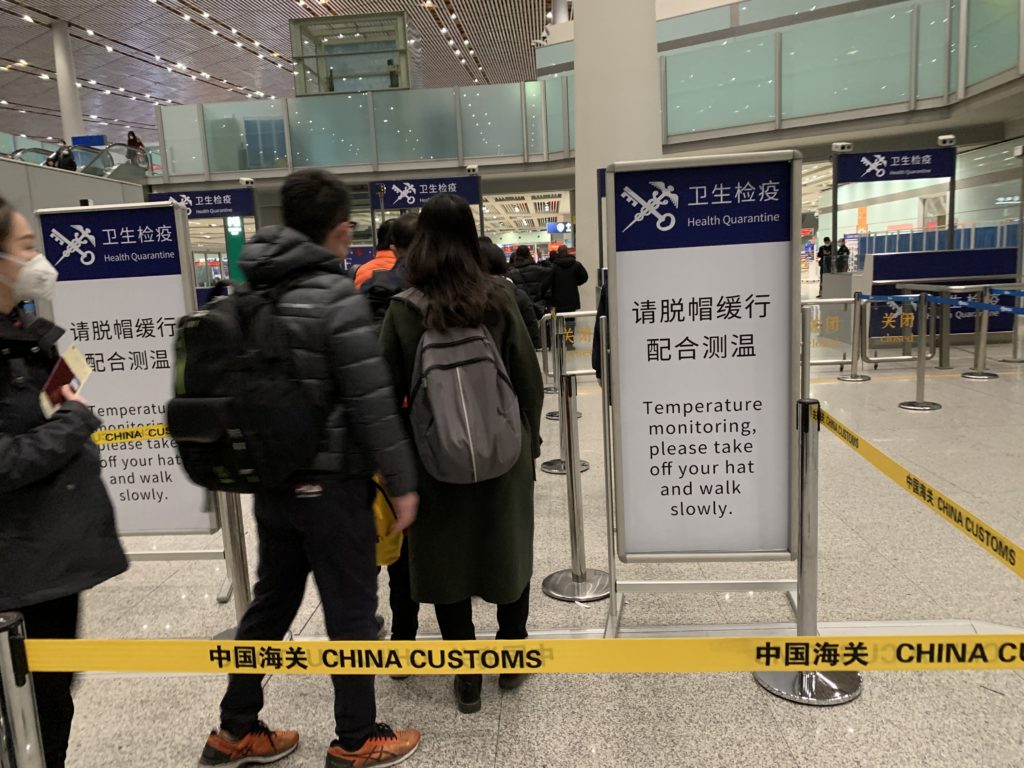
But everything changed very fast. Instead of two weeks I had to stay in Moscow for one month. During that time the situation with the virus in Russia got worse and China closed its borders from us.
That’s how I stopped believing in making plans.
To continue this story I need to go a little bit backwards.
About six years ago I finished university and started working for a very small magazine called “China”. As you probably can guess, it was about China and was published by a Chinese publishing house. I didn’t have a degree in journalism, but I specialised in Chinese culture, spoke Mandarin and had a dream to write and to be published. So I was very happy to have the opportunity to write and I jumped on it.
I started to write long pieces about contemporary China, conduct interviews with people related to China and Chinese culture. I wrote in Russian, my mother tongue.
A couple of years later I got an invitation to work for the same magazine in the Beijing office. That’s when different languages started to get mixed up in my head. I was speaking Chinese at work and grocery stores, I was writing my articles in Russian and I was speaking English with other expats in Beijing.
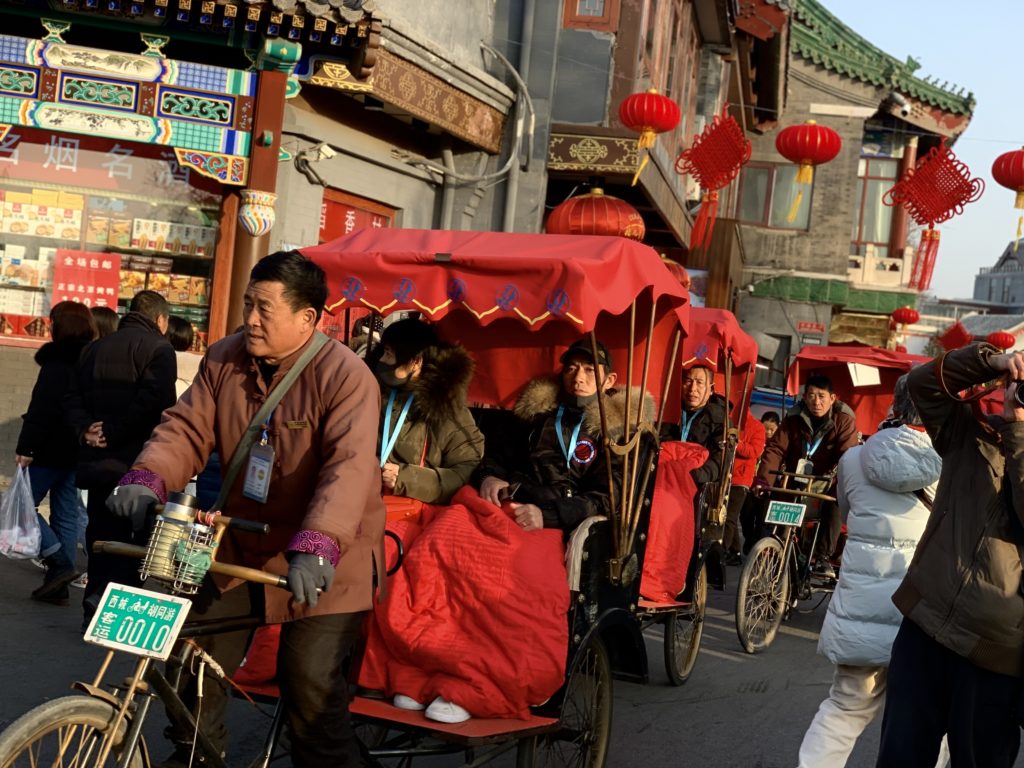
More than that I became a part of the writers’ community in Beijing. Yes, I wrote fiction as well, in fact I still have one unpublished novel written in Russian and some stories that have been published in Russian literary magazines. But none of them had any meaning for the expat writers in Beijing who didn’t understand Russian.
That’s the thing about writing. You always have to look for the right language to be understood. So I started chasing the English language to make my stories understandable for people from all over the world.
The only thing I can say — it wasn’t easy. I have always been proud of my Russian. Of the way I chose words when writing, the way I played with them or created new ones (yes, it’s very possible for Russian language).
“What is your style of writing,” I was frequently asked in the Beijing writers community. “Oh, It’s kind of a magic realism. Also I really like to play with words,” that’s all I could say. “I wish I could read it one day,” was the answer I always got.
I wished so too. My spoken English was ok, but as soon as it came to writing I felt like a nine-year-old person.
Later on I left the magazine I was working for and got a job in the biggest News Agency in Russia. I continued writing in Russian, but instead of writing magazine articles I started putting out opinion pieces. Also now my articles were being translated into Chinese, since the branch I worked for was for a Chinese audience. It was another challenge. I needed to think of my new readers and choose topics and words accordingly. Also it was unusual to see my name above articles written in Chinese. My language and my style was converted by our translators too and I felt like they weren’t mine.
Anyway. Back to the pandemic story. I was back in Moscow and got stuck there for more than one year. In fact I’m writing this article sitting on the balcony of the apartment I grew up in.
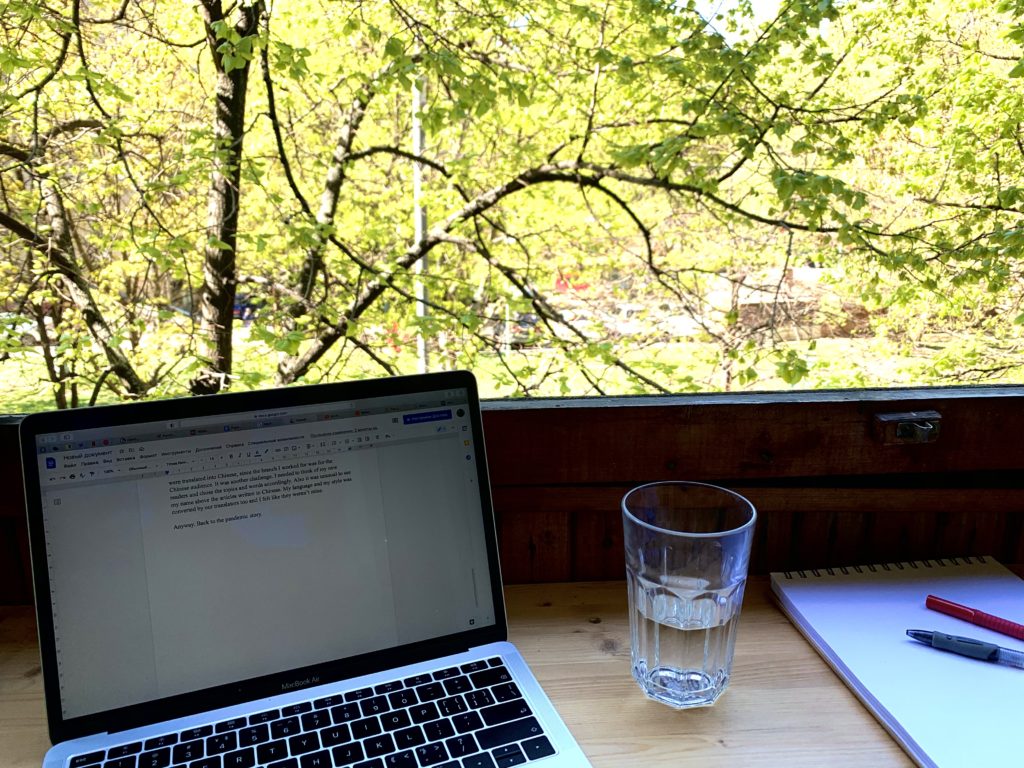
When I was back I continued working from home for the Agency. My articles were still in Chinese only now my readers were five thousand kilometres away from me. I started to get an even stronger feeling that I was losing my language. Here I probably need to make it clear that by “language” I mean not the one you use for speaking. I mean my voice, my style, something that makes me a writer or a journalist. I felt that I needed to make a choice between a good job that provided me a rather high position and good salary, and getting my voice back. I decided to choose the second.
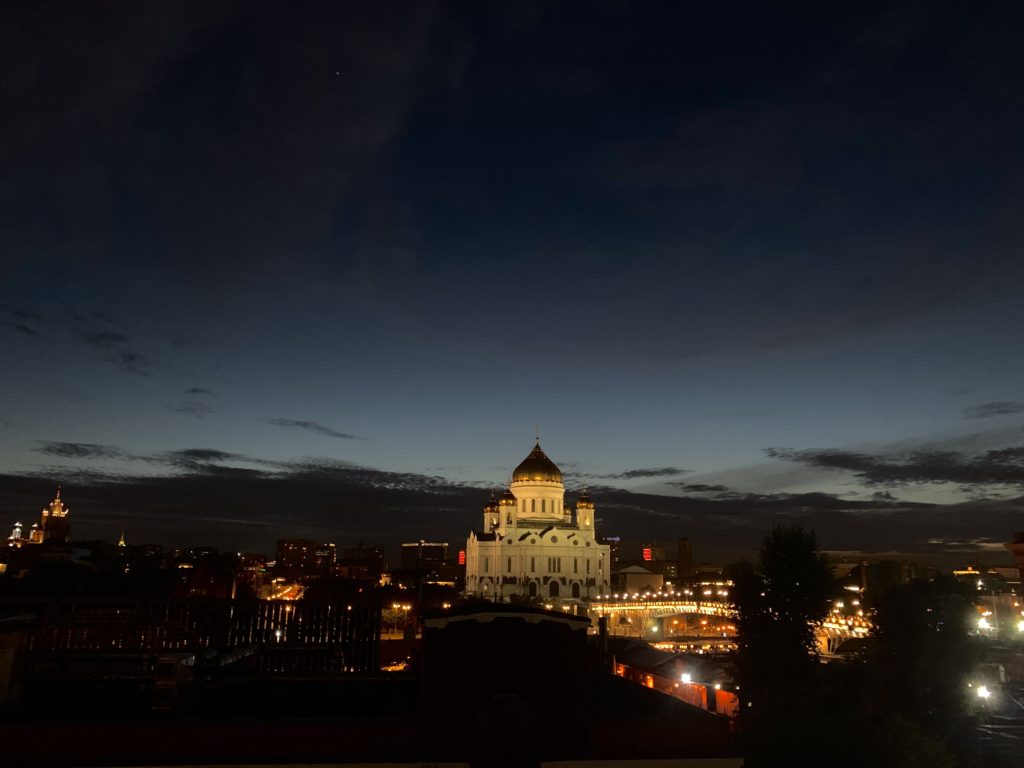
Another choice that I had to make was the language for writing. Now I mean the actual language.
The choice was made not so long ago in favour of the English language.
I like being a foreigner, maybe that is why I enjoyed my life in China so much and am planning to go back as soon as possible. Who knows, maybe I’ll choose another destination later. But what I don’t want to change is being a writer with my own language and voice and with readers who can understand me in any place I go.
It doesn’t mean that I want to abandon writing in my native language. Of course not. And I’m still learning how to make it better. But besides the opportunity to be understood by international readers, writing in the language that wasn’t given to me by my ancestors helps me to find out what kind of personality I can have. It helps me to discover new facets of myself as a writer.
Today I’m only taking my first steps down this road. I’m translating my book into English and can already see how different it sounds. I started to read a lot more in English — books, news, longread articles. I have a native speaker tutor who helps me to make my English richer.
I don’t know where it will bring me. I’m just working alone in my room waiting for the borders to open. But what I know is that the day I decided to pack my suitcase and go back to my hometown, the day that brought me to the place where I had to say goodbye to all my original plans and lose the feeling of stability made me be sure that uncertainty sometimes can change your life. In my case it’s choosing a foreign language to find my way in life as a writer.

























